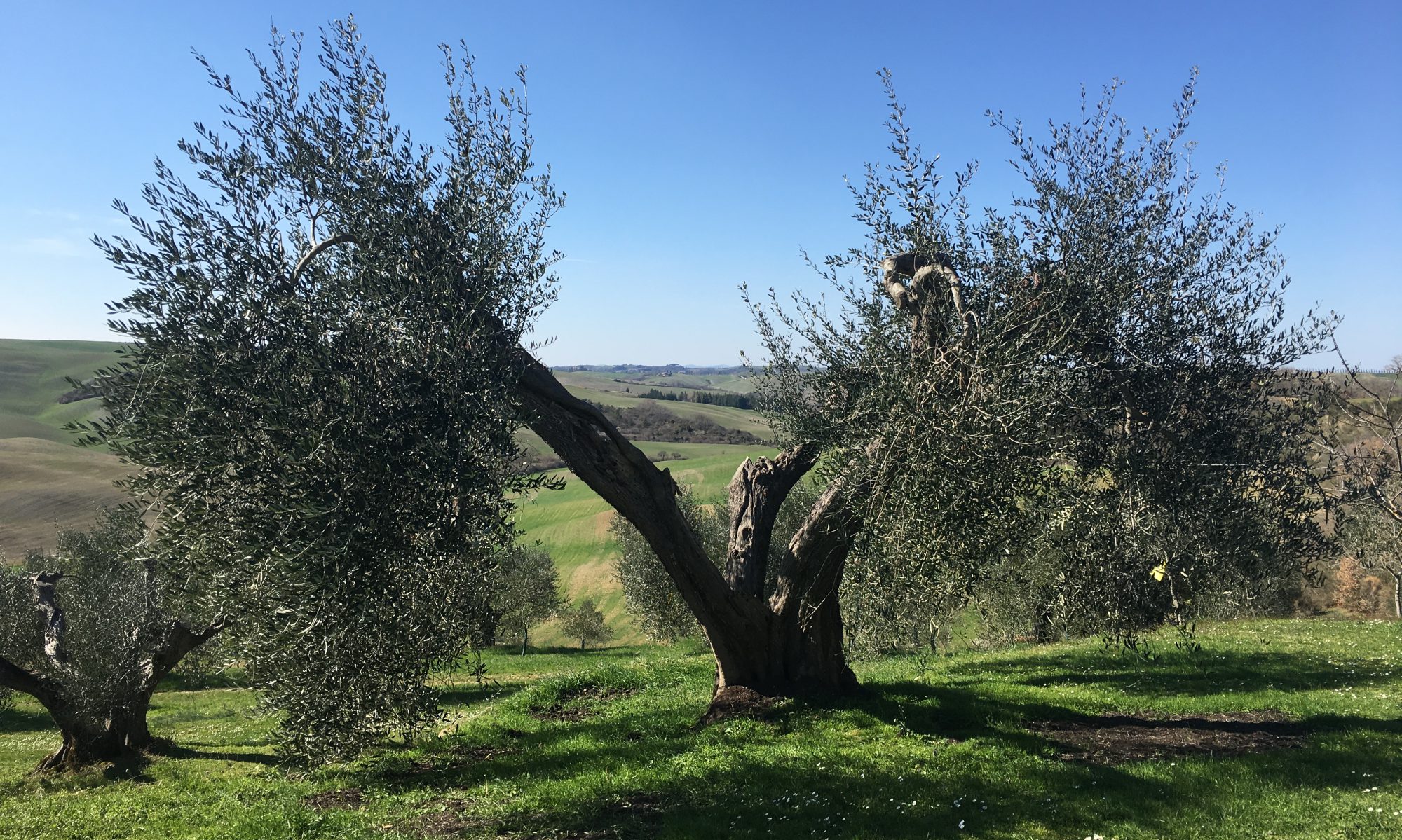In my last post, I introduced the concept of a growth theme. Think of themes (joy, compassion, humility, perseverance) as the more concrete sub-components of the growth dimensions (knowledge, character, and behavior). And remember, growth on these dimensions within the themes is a result of hearing, believing and obeying God. Later, I’ll go a little deeper on hearing, believing and obeying God…the things we do. But first, lets look a little closer at what we are trying to become (increasingly joyous, compassionate, humble, and persevering).
Joyfully forget yourself and focus on others forever.
The above statement is something I made up as a kind of personal mission statement. Notice how it includes each of the four growth themes…joy, humility (forget yourself), compassion (focus on others), and perseverance (forever). We are followers of Christ if we do this increasingly, genuinely and in the context of God’s truth. Note that I did not say we are “saved” because of it. We’re “saved” because we professed faith in Christ and He gave us life by His grace alone. What I’m taking about here is actually following Christ after we have been regenerated.
Now, let’s look under the hood. Are four themes really enough? What about love, wisdom, righteousness, contentment, faith, dependenance, generosity, etc? As I said before, we created a mind map to organize these characteristics so that we could get our arms around the different facets and begin to eat the elephant one bite at a time, so to speak.
Here is a link to that mind map: Themes v0.3
Remember, this is one of an incalculable number of possible arrangements. This is just one that works for our purposes. I’m happy to take feedback on it, because I do want to improve it…but, let’s not miss the forest for the trees either.
And so you will see that we’re framing contentment as a joy issue. If you do not have God’s joy, it is possible that the underlying cause is a contentment issue. With this kind of vocabulary, we can use it in a number of different ways to help people. Here are a few:
Assessment: Helping Disciples Know Where They Are
We can develop a means of helping people understand where they are in their walk with regard to joy, humility, compassion, and perseverance. This then drives where/how they spend their time addressing areas of weakness (rather than simply ammassing knowledge by an endless stream of “bible studies”). The intent of “assessment”, would be to help someone understand that contentment is a bigger issue in their life than say generosity.
Guidance: Helping Disciples Know Where to Go and How to Get There
Guidance can be attached to the same vocabulary. Guidance (e.g. passages of scripture, teaching, books, podcasts, disciplines, ad-hoc experiences and advice, etc) can be provided on how to become more generous, for example, and loaded into a shared repository.
Search: Helping Disciples Find The Best Stuff Fast
Now that guidance has been loaded against a specific vocabulary, and a person understands their need using the same vocabulary, an extremely efficient search capability can be put into place that helps a disciple find exactly what they need almost immediately.
There is alot more to be said, but alas…it will have to wait until next time. Until then, I will continue to pray for all of you as you strive to become more like our Savior.



